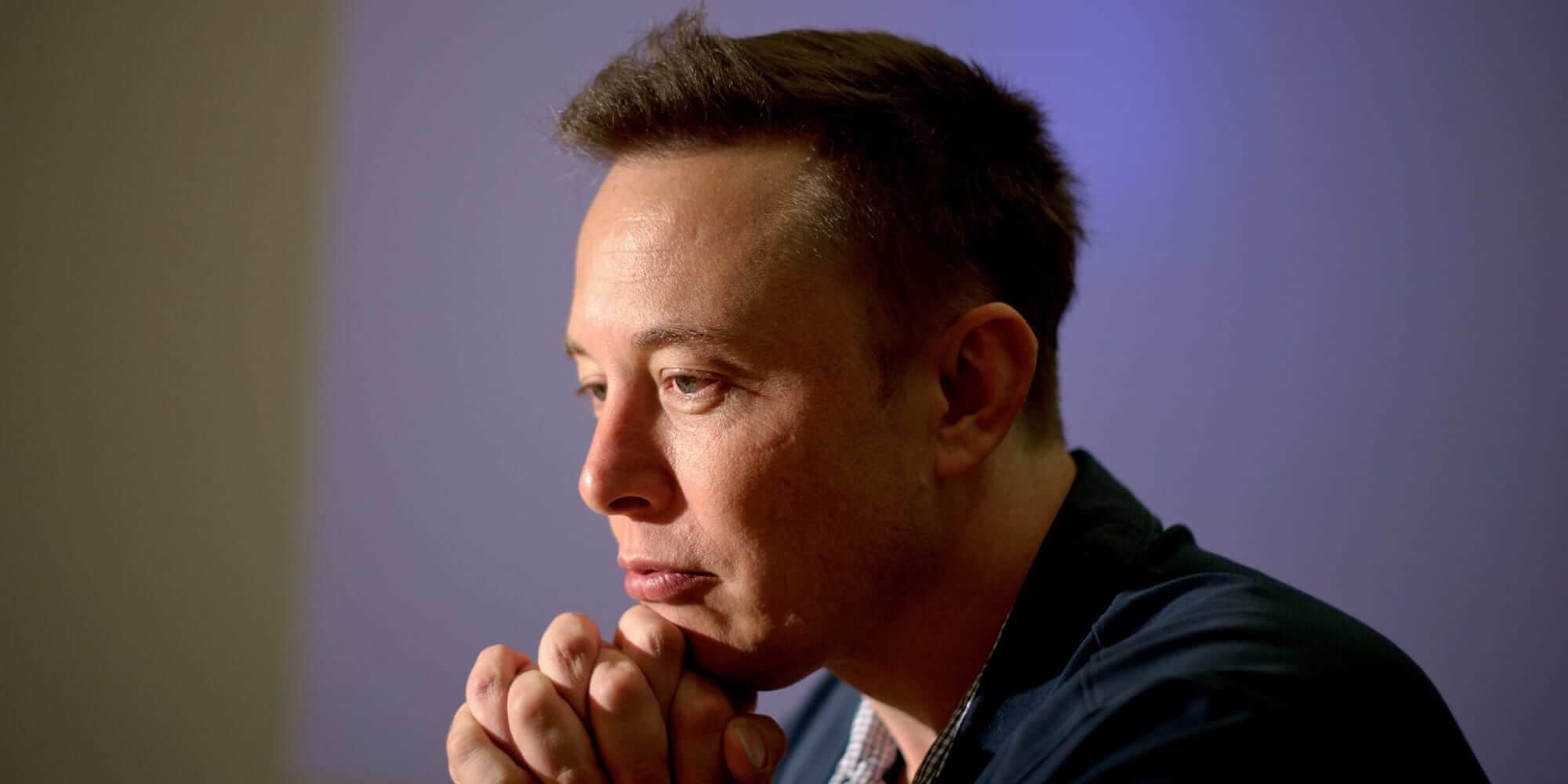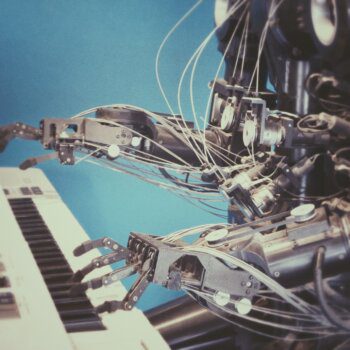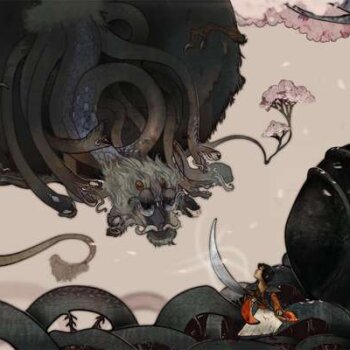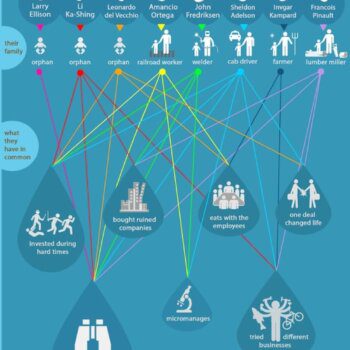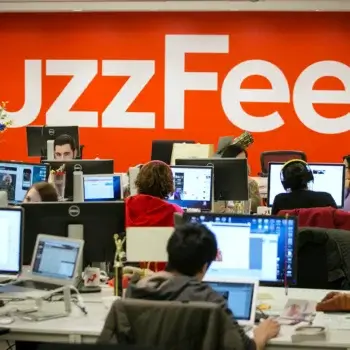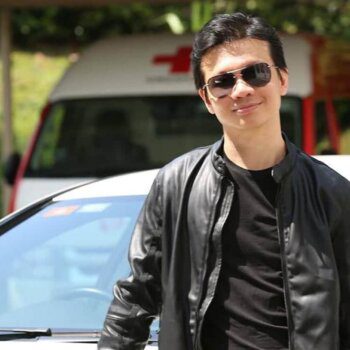At the age of 12, he wrote a computer game called Blastar, which he sold to a computer magazine for $500. At 33, he predicted that the future of space exploration belonged to private corporations. At 47, he sent a drop-top into space, driven by an interstellar Stig and accompanied by David Bowie music. And, yes, he once smoked pot in front of 38 million pairs of eyeballs.
Yes, Elon Musk is a proper legend. He was, in fact, the inspiration for the movie Iron Man, which kick-started the whole Avengers saga. Robert Downey Jr. would often model the legendary founder to perfect his character. Some of Iron Man 2 was even filmed on SpaceX grounds.
Elon Musk was 31 when he pocketed $165 million after selling his PayPal ownership to eBay. He has dated and married famous musicians and movie stars. Oh, and he once bought an old James Bond car-submarine prop to try and turn it into a real thing.
At least that is the story we preach. Nothing is free in this world, and Musk’s relentless drive to find his limits costs him nothing less than the miracles of an ordinary life. Read this, and then ask yourself — is Elon Musk’s definition of “success” really the same as yours?
He still works 100-ish hours a week.
What’s more important to you in life — money or freedom?
Many of us see money as a means of gaining more freedom, but that is not always the case. Sometimes, more money means more responsibility, which means less freedom.
“Real wealth is not about money. Real wealth is: not having to go to meetings, not having to spend time with jerks, not being locked into status games, not feeling like you have to say ‘yes,’ not worrying about others claiming your time and energy. Real wealth is about freedom.” — James Clear, a bestselling author
When Musk launched his first startup, Zip2, he is said to have literally lived in the office. He used to sleep and shower there.
When Tesla launched, Musk used to work 100 hours a week, which he “dialled down to” 80–90 hours nowadays.
I admire, you, Elon. But that is not my definition of freedom.
He sacrificed his marriage to run his businesses.
I Was a Starter Wife. That is how Justine Musk, Elon’s first wife, titled her article where she opens up about what is called America’s Messiest Divorce.
As messy as the divorce was, it’s nothing compared to the systematic tyranny of the preluding marriage. “I am the alpha in this relationship,” Elon once told Justine while they were dancing at their friends’ wedding.
Elon Musk may be dedicated to his work, yes. But he is not a man who leaves his work at work. When disagreements about home stuff or kids occurred, his economic dominance meant that he expected his wife to “fix herself” and “do her job.”
“I am not your employee,” she used to say repeatedly.
“If you were my employee,” he said just as often, “I would fire you.”
“Elon was obsessed with his work: When he was home, his mind was elsewhere. I longed for deep and heartfelt conversations, for intimacy and empathy. […] I sacrificed a normal life for his career.” — Justine Musk
I don’t know. Whatever the prize is, I am not ready to turn into a man who does that to his wife.
When he suffers, his employees suffer.
Growing up in Pretoria, South Africa, Elon was badly bullied.
“Musk’s school days weren’t easy — he was once hospitalized after being beaten by bullies.The bullies threw Musk down a set of stairs and beat him until he blacked out,” — Ashlee Vance, Elon Musk: Tesla, SpaceX, and the Quest for a Fantastic Future
As a result, Elon chose a library over the dorm room party, absorbing one fantasy book after another. Hence the cosmic ambition.
However, I suspect that there is a deeper current at play. According to Alfred Adler, one of the pioneers of modern psychology, socially active children are hardwired to mimic the strongest person in the environment.
“Children look for the strongest person in their environment and make him their model or their goal. It may be the father, or perhaps the mother, for we find that even a boy may be influenced to imitate his mother if she seems the strongest person,” — Alfred Adler, The Science of Living
In Elon’s case, the bullies may have very well taken the role of the strongest people in his environment. It could help explain some of his outbursts at his employees or why the Tesla factory was called out as a “predatory zone” for sexual harassment.
I empathize with you, Elon. It was an unfortunate childhood. But I do not want to be the kind of person who lets his own demons spill over to the lives of the people who count on me.
Be careful what you wish for
Elon Musk wasn’t always like that. In her account of their youth, Justine Musk remembers the good, too:
“Once, in the bookstore together, I pointed to a shelf and said, “One day I want my own books to go right there.” I had said this before to a girlfriend, who laughed and spun on her heel. But Elon not only took me seriously, he seemed impressed.”
He was the type of guy to keep sending her roses after he moved to a school in a different town. He was the type of guy to give her his credit card and tell her to “go buy all the books you want.”
Was it money that turned Elon Musk evil? No, money never does that. Money just amplifies who you are. It uncovers your most well-hidden demons.
So before you set your sights on McLaren sports cars and 6,000 foot condos, I sincerely recommend you make sure you like who you are. Otherwise, you might soon see yourself turn into a tyrant.
Chances are, you might not need all the glitter once you make peace with yourself.
About the Author
This submitted article was written by Alan Trapulionis, a writer at The Entrepreneur’s Handbook. See more of Alan’s work.
